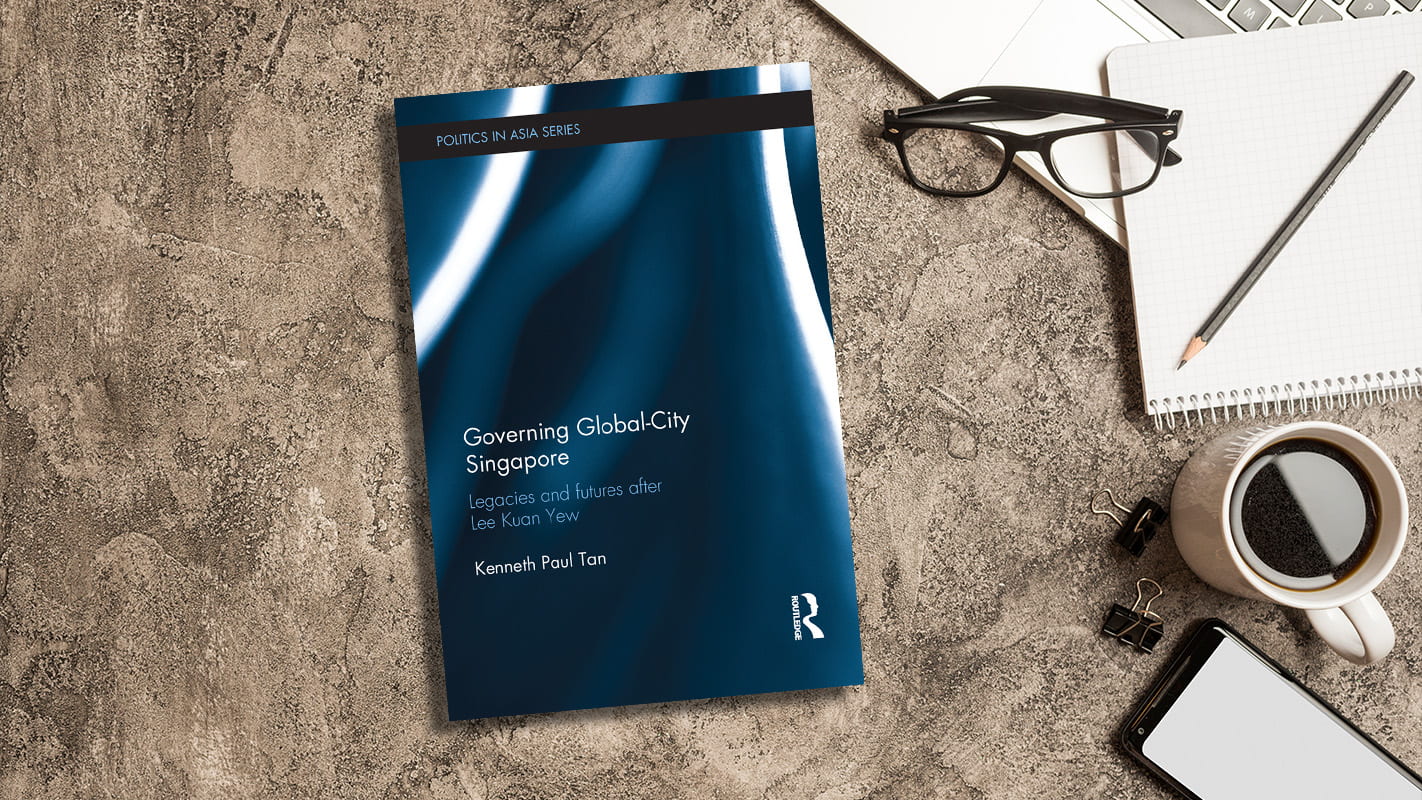By Tim Yap Fuan
Kenneth Paul Tan’s Governing Global-City Singapore: Legacies and Futures After Lee Kuan Yew is a thought-provoking analysis of the political and social dynamics of Singapore’s urban development since the passing of its founding father, Lee Kuan Yew.
The book is divided into three parts. The first part provides a comprehensive overview of the development of Singapore under Lee’s leadership, highlighting the key factors that contributed to its success as a global city. The second part examines the challenges facing Singapore in the post-Lee era, such as demographic changes, economic uncertainties, and political pressures. Finally, the third part explores the possible futures of Singapore as a global city, looking closely at the different scenarios that may arise in the coming years.
Tan’s analysis is thorough and well-researched, drawing on a wide range of sources to support his arguments. He provides a balanced perspective on the successes and failures of Singapore’s governance model. He highlights the benefits of the country’s strong authoritarianism while acknowledging its limitations. He is particularly insightful in analysing the tensions between economic growth and social justice in Singapore, and the potential for them to escalate in the future.
Tan writes in a clear and engaging style, making complex ideas easy to understand. The book will appeal to both scholars and general readers interested in Singapore’s politics and urban development.
Overall anyone interested in understanding the challenges facing global cities in the 21st century should read the book. Tan’s analysis of Singapore’s successes and challenges provides valuable insights for policymakers, scholars, and general readers alike.

